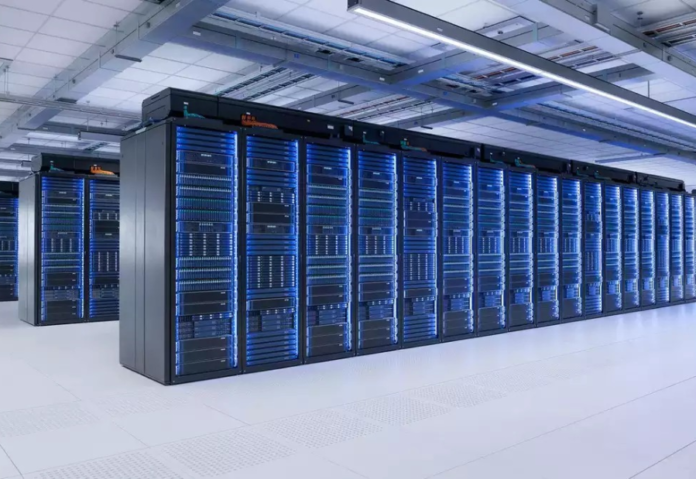Amidst the data centre boom, investments in Internet Exchange Points (IXPs) and peering networks are expected to soar in India in order to accommodate growing IT workloads and robust data consumption by mobile consumers.
Generally, interconnection points (IXPs) are actual sites where several networks link to exchange internet traffic using a shared switching architecture. Internet service providers (ISPs), over-the-top (OTT) businesses like Netflix and Amazon Prime, DNS root servers, national and international telecommunication networks, and even social media networks like Instagram are all connected via them. Content delivery networks (CDNs) like Cloudflare and Akamai are among them.
India has been ranked second in Asia by the Internet Society based on the IXP count criteria. However, when it comes to penetration, it trails behind Singapore, Finland, Australia, and the UK. According to Extreme Infocom, India has just 0.23 IXPs per 10 million people, while Finland and Singapore have 12.5 and 22 IXPs per 10 million people, respectively.
However, some businesses have set aside money to invest in the regional IXP market, like Extreme Infocom and DE-CIX India. Experts predict that the industry will initially bring in 710–15 crore over the next two to three years, but that investments will increase tenfold if regulatory barriers are lifted.
According to data from the Internet Society, in the past two years, the total number of peering members has increased from 550 in 2020 to 885, and the combined data carrying capacity of IXPs has increased from 10 Tbps to 25 Tbps.
IXP companies are increasing their investments in order to keep up with this growth trajectory.
“If regulatory hurdles are resolved, then (potential) investments could be 10 times the initial aforesaid figures (read: * 10-15 crore),” said Raunak Maheshwari, executive director at Extreme Infocom, India’s leading IXP player, which has earmarked an investment of 15 crore by 2025.
A different business, DE-CIX India, has announced the launch of a specialized data centre interconnect solution that would enable multi-cloud settings and data centres to be connected. In 24 months, the company hopes to treble its turnover and raise investments by 75%.
“DE-CIX India holds a national long distance (NLD) license that enables us to provide comprehensive, end-to-end management solutions to our customers without relying on external assistance, ensuring greater efficiency, control, and cost-effectiveness,” said Sudhir Kunder, chief business officer at DE-CIX India, which operates in 36 points of presence (PoPs) across five cities, handling data throughput of 11 Tbps.
The company intends to increase its POP footprint by 50% in the upcoming two years. Through alliances and collaborations with system integrators, DE-CIX India is expanding its service offering into the enterprise market.
Maheshwari of Extreme Infocom, on the other hand, stated that it is critical to move data storage, including data centres and CDN networks, closer to the networks of service providers and customers because people are still requesting more data.
Do Follow: CIO News LinkedIn Account | CIO News Facebook | CIO News Youtube | CIO News Twitter
About us:
CIO News is the premier platform dedicated to delivering the latest news, updates, and insights from the CIO industry. As a trusted source in the technology and IT sector, we provide a comprehensive resource for executives and professionals seeking to stay informed and ahead of the curve. With a focus on cutting-edge developments and trends, CIO News serves as your go-to destination for staying abreast of the rapidly evolving landscape of technology and IT. Founded in June 2020, CIO News has rapidly evolved with ambitious growth plans to expand globally, targeting markets in the Middle East & Africa, ASEAN, USA, and the UK.
CIO News is a proprietary of Mercadeo Multiventures Pvt Ltd.






